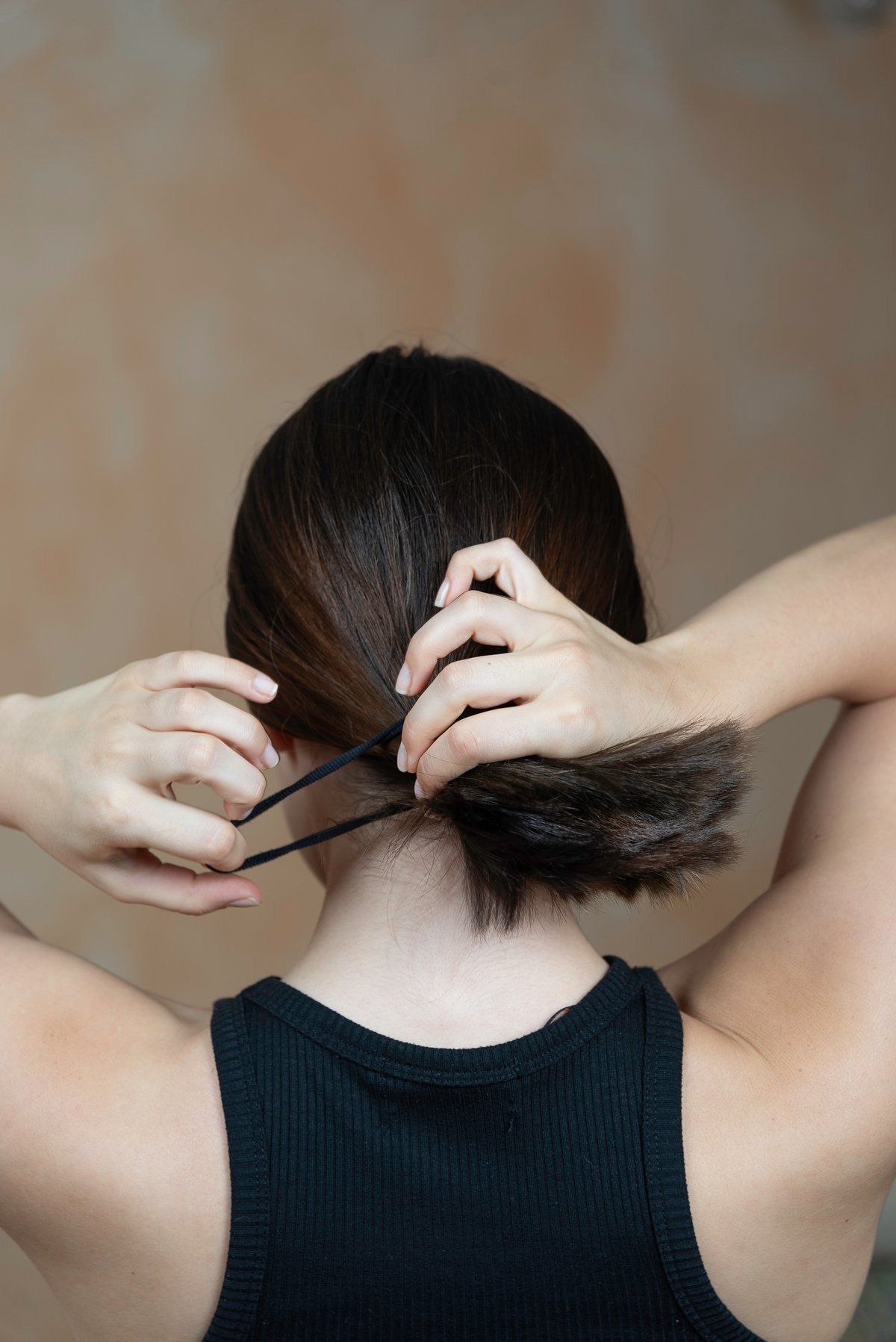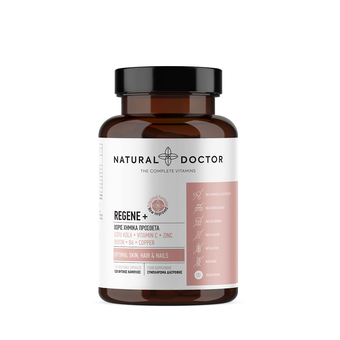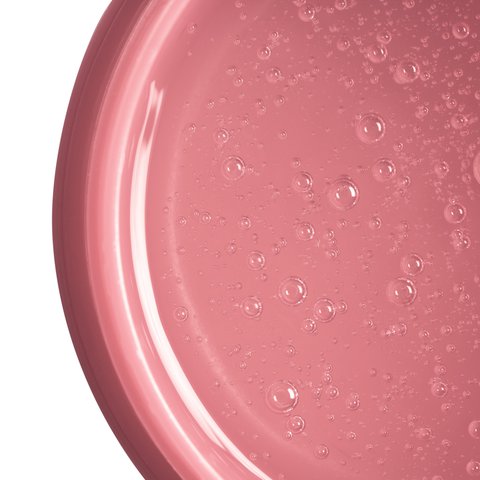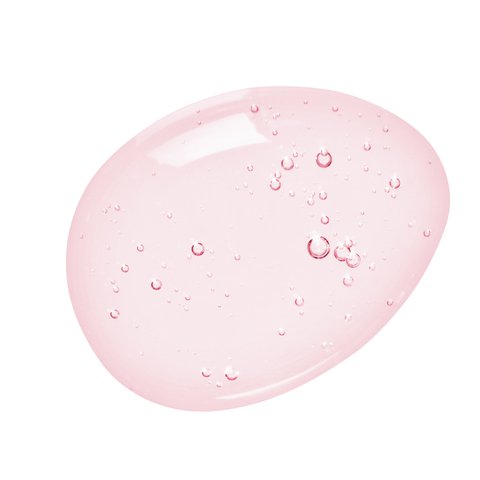Healthy hair from the inside out

Very often, hair is faded and looks damaged due to daily styling applications. While it is known that hair can boost self-confidence or be part of a significant change, this does not necessarily translate into a sign of health. Healthy hair starts from the root.
The science behind healthy hair
What is the structure of the hair? Hair, like skin and nails, primarily comprises a potent protein called keratin. The essential functions of hair are similar to those of the trees. Hair growth occurs from the inside out. The root of the hair grows through the layers of the skin, the dermis and the epidermis until it reaches the surface.
Although the outer cuticle is technically dead, the hair follicle is alive. There, new hair cells receive nutrients from nearby blood vessels; these cells clump together and harden over time. They then create a long chain through the skin as the process continues with new cells.
Hair follicles are connected to tiny sebaceous glands. Sebaceous glands produce sebum, which protects hair and skin while moisturizing it. However, the role of sebum has yet to be fully understood.
Below are some tips for healthy hair.
Τips for healthy hair
The body needs a balanced diet with the nutrients necessary for daily functions. The same goes for hair. For healthier hair, a balanced diet is one of the most important and arguably most effortless changes. Research shows that deficiencies in protein, iron and biotin can lead to hair loss.
Some foods that may promote hair growth are:
- Beans
- Fish
- Eggs
- Nuts
- Spinach
- Green tea
Nutritional supplements for healthy hair
B vitamins such as biotin, or vitamin B7, cannot be produced naturally by the body. Biotin can either be made by gut bacteria or taken through food and supplements. However, because biotin is water-soluble, it is quickly eliminated from the body.
Biotin is an important vitamin for the body since it supports many bodily functions. Although most people get the recommended daily amount of biotin, certain groups are at risk of deficiency, such as pregnant women or people with various medical conditions that affect the absorption of nutrients.
Both hair loss and dry skin can be symptoms associated with biotin deficiency, so getting enough biotin is essential to support healthy skin, nails and hair. Hormonal imbalances in men and women can cause excessive hair growth or hair loss. Changes in hair thickness are also associated with menopause or an overactive thyroid gland.
Consider your current hair care routine regarding how to get healthy long hair. What products do you use, and what ingredients do they contain as they directly affect the hair's health? Even repeated dyeing weakens the hair, making it dry, dull and damaged.
Regene +
The enhanced composition of the Regene+ aims to strengthen the health of hair, nails and skin. It includes Asian Centella, vitamin C, zinc, copper, biotin, vitamin B6 and L-cysteine.
Copper is a trace element necessary for typical hair colouring, the maintenance of the normal connective tissue, and the hair's strength and follicle formation. Copper deficiency in the body can increase the chances of premature hair ageing, accelerating greying.
Adequate biotin intake maintains healthy hair, nails and skin while moisturizing the skin. Biotin has the ability to trigger new cells and accelerates the growth of hair and nails. It also helps to improve the texture of the hair and repairs brittle hair, giving rich volume and thicker hair.
The balance between L-cysteine and vitamin B6 is necessary for healthy hair, nails and skin. The keratin of hair contains cysteine, which accelerates cell proliferation, thus contributing to the growth of hair and nails.
Gotu Kola, or Centella Asiatica, is a traditional plant and is one of the most studied natural ingredients, with over eight hundred published studies. It contains valuable nutrients and triterpenoids and is traditionally used to enhance skin health.
Take two capsules daily after your meals or as directed by your physician. Do not exceed the recommended daily dose.



